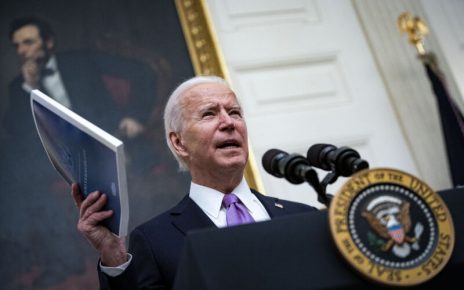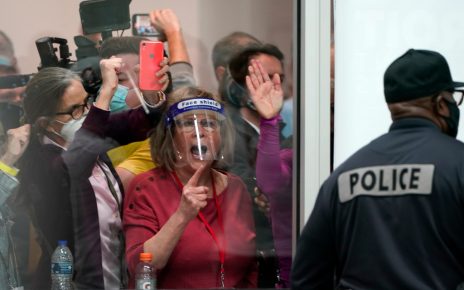Good morning, and Happy New Year.
My friend John Barry, who wrote the book on the 1918 flu, says it laid the groundwork for the Roaring ‘20s. He and others have raised the question of whether something similar could happen again.
Leave aside the fact that the stock market jumped the gun on this question—skipping straight to 1929 in its frothiness. There are some interesting parallels to consider. As Frederick Lewis Allen points out in Only Yesterday, the best popular history of the era, new technologies drove the Coolidge prosperity. Autos on the road tripled during the decade; radio sales grew more than 1000%; and rayon and refrigerators saw comparable action. Today’s economy seems similarly poised. Virtually every technology trend accelerated during the pandemic, and most business leaders seem to believe the curves will continue to bend upward.
But the most interesting aspect of the 1920s, as Allen tells it, was that “public spirit was at low ebb.” Exhausted by war and illness, most people “were in a holiday mood.” President Wilson’s idealism, a brief outburst of radicalism, and an infatuation with prohibition quickly gave way to a decade-long desire to party. Gin and short dresses defeated dour concern with the world’s problems.
Well, count me among those ready for a good party. But I’m guessing this time, public spirit won’t be so easily put aside. The pandemic exacerbated fault lines in our society along lines of race, gender and education. The climate crisis became more apparent, in both business and life (See Katherine Dunn’s story on the outlook for action here.) And geopolitics has grown precarious—whether it’s the Russian cyberattack that infiltrated much of American government and business, or rising tension with China raising fundamental questions about the future world order. I predict business leaders are going to find themselves increasingly and inescapably tied up in all three issues as the decade unfolds.
* * *
One big business and society story that broke after CEO Daily shut down last year was the Justice Department’s charge that Walmart helped fuel the opioid crisis, overlooking warnings from its own pharmacists. The evidence as reported is pretty damning, and it’s a black eye for a company that has spent the last two decades trying to improve its public image.
Does that mean Walmart’s embrace of stakeholder capitalism is an act of hypocrisy, or a preemptive exercise in public relations? Well, not necessarily. Big companies are complex organisms, and like people, capable of doing both good and bad—sometimes at the same time. But it is a reminder to all companies embracing new measures to help society that they should start with the principle attributed to Hippocrates: First, do no harm.
More news below.

Alan Murray
@alansmurray
[email protected]




